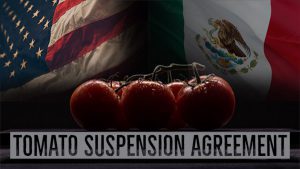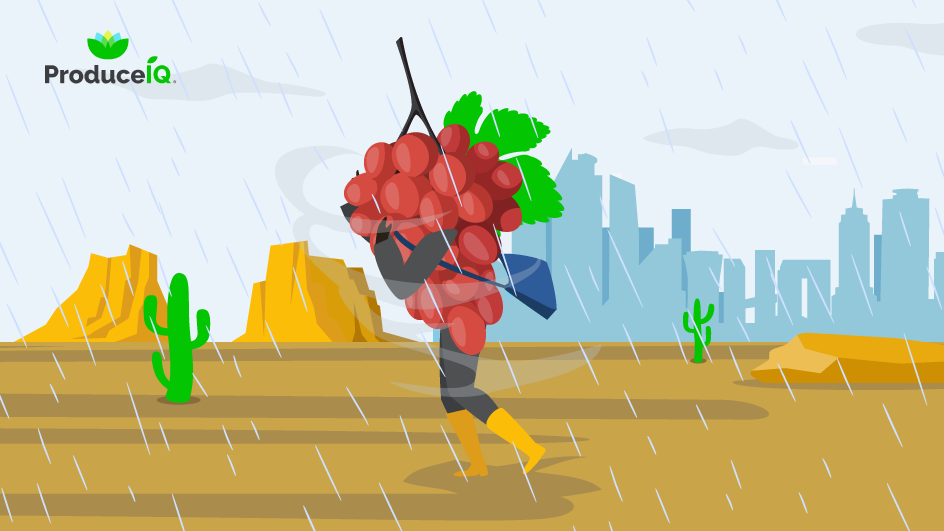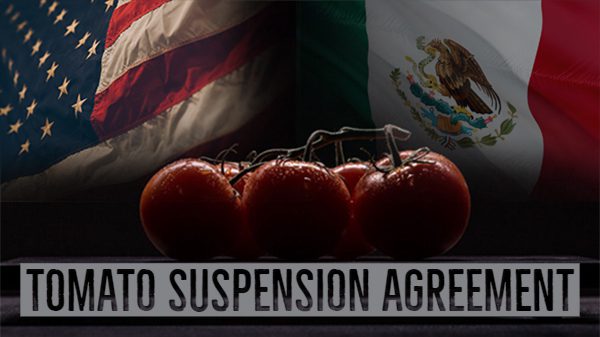Welcome to Blue Book!
Are you ready to join the thousands of companies who rely on Blue Book to drive smarter decisions? View our plans and get started today!
Still have questions? We’d love to show you what Blue Book can do for you. Drop us a line– we’ve been waiting for you.

Trade with confidence... every time.
Blue Book’s real-time alerts help you stay up to speed with everything in the produce industry

Trade with confidence... every time.
Blue Book’s real-time alerts help you stay up to speed with everything in the produce industry

Trade with confidence... every time.
Blue Book’s real-time alerts help you stay up to speed with everything in the produce industry

Trade with confidence... every time.
Blue Book’s real-time alerts help you stay up to speed with everything in the produce industry

Trade with confidence... every time.
Blue Book’s real-time alerts help you stay up to speed with everything in the produce industry

Trade with confidence... every time.
Blue Book’s real-time alerts help you stay up to speed with everything in the produce industry

Trade with confidence... every time.
Blue Book’s real-time alerts help you stay up to speed with everything in the produce industry

News you need.
Join Blue Book today!
Get access to all the news and analysis you need to make the right decision --- delivered to your inbox.
What to read next
The Produce Reporter Week in Review June 13, 2025
As the produce industry met in Washington, DC, the tomato suspension agreement debate heated up, and the 2025 “Dirty Dozen” dropped.
CEA group calls for stable tomato market
Tom Stenzel, Executive Director of CEA Alliance, said members “strongly support renegotiation of the suspension agreement."
IFPA CEO: Fresh produce needs to own the MAHA conversation
In this time of Make America Healthy Again, fresh produce needs to establish itself as the whole food solution, says IFPA CEO Cathy Burns.
ProduceIQ: Tropical Storm Alvin soaks Mexican grapes
As we head into mid-June, the produce market is buzzing with seasonal transitions, weather-driven surprises, and promising forecasts. From tropical storms shaking up grape supplies in Mexico to peach growers in the Southeast eyeing one of their best seasons in years, there’s no shortage of movement in the fresh fruit and vegetable landscape. While some […]
FTE: Ending tomato suspension agreement protects all U.S. tomato producers
The core issue is the proven dumping by Mexican growers, which violates legal agreements and harms U.S. farmers, said Robert Guenther.
The Produce Reporter Week in Review June 6, 2025
A deeper look at online grocery's projected growth and how Aldi doubles down on its consumer value proposition.
Subscribe to our newsletter
© 2025 Blue Book Services. All Rights Reserved





